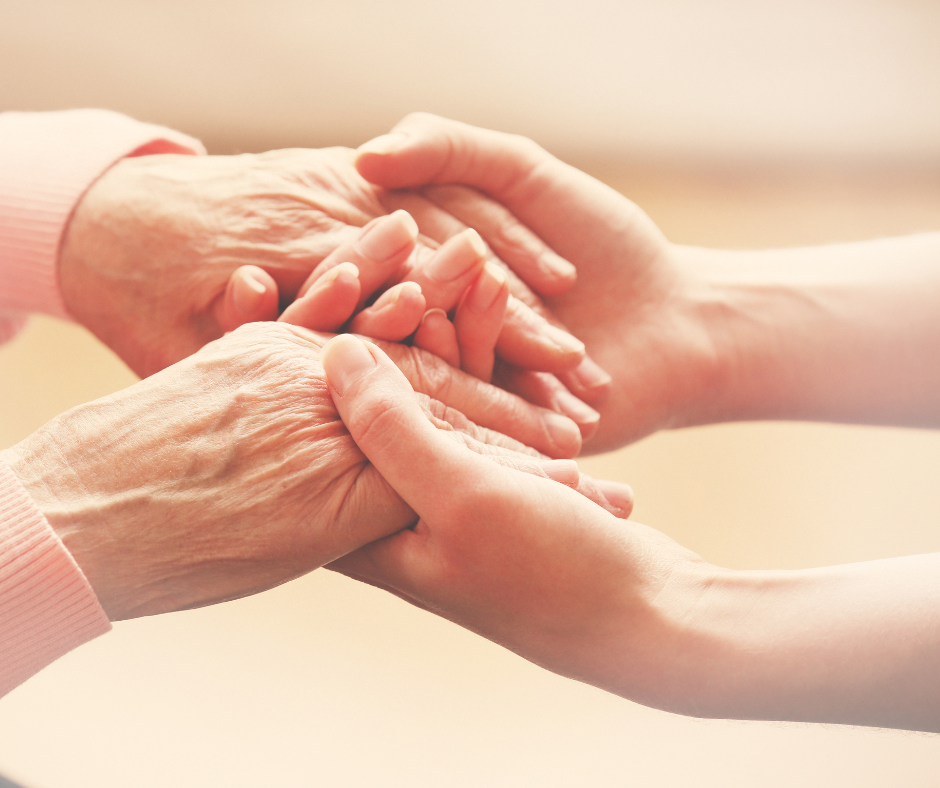
In the United States, an estimated 5.8 million people are living with Alzheimer's disease and various forms of dementia. Remarkably, a significant majority of these individuals continue to reside in their own homes, even as the condition progresses into advanced stages or at the end of life. Home care is a cherished option for many families, but it comes with its unique set of challenges.
Caring for a loved one with dementia can be a rewarding yet demanding journey, often falling on the shoulders of family members and friends. The complexities and ever-changing needs of dementia care can lead to caregiver burnout, emotional and physical strain, and even financial difficulties. In this article, we explore the importance of dementia care at home and provide essential tips to help you navigate this challenging path.
Understanding Dementia
Dementia is an umbrella term for a range of cognitive impairments that impact memory, thinking, and the ability to perform everyday tasks. The most common types of dementia include Alzheimer’s disease, vascular dementia, and Lewy body dementia, each with distinct characteristics and symptoms.
Types of Dementia
- Alzheimer’s Disease is the most prevalent form of dementia, accounting for around 60-80% of all dementia cases. It is characterized by the accumulation of abnormal protein deposits in the brain, leading to the gradual deterioration of memory, thinking, and behavior. Symptoms may include memory loss, confusion, difficulty in problem-solving, and personality changes.
- Vascular Dementia is often the result of reduced blood flow to the brain, typically due to strokes or other vascular conditions. Symptoms may include difficulties with decision-making, organization, and focus, alongside physical symptoms like difficulty walking.
- Lewy Body Dementia is characterized by abnormal protein deposits, known as Lewy bodies, in the brain. It can cause fluctuations in cognitive abilities, visual hallucinations, and motor symptoms similar to Parkinson’s disease.
Common Symptoms and Challenges
Dementia can manifest in various ways, and these symptoms may vary depending on the type of dementia. Common symptoms include memory loss, confusion, difficulty in problem-solving, changes in personality, and difficulty with everyday tasks. Caring for someone with dementia can be challenging, and it’s important for caregivers to have access to resources and support. At Affirmation, we offer a range of services to help seniors with dementia age in place safely and with dignity. Our services include:
- Personal Care Services : We provide assistance with activities of daily living, such as bathing, grooming, and dressing.
- Companionship Services : We offer companionship and socialization to help seniors stay engaged and connected.
- Home Health Services : We provide skilled nursing care, medication management, and other medical services to help seniors manage their health at home.
- Respite Care Services : We offer respite care to give family caregivers a break from their caregiving responsibilities.
The Dual Role of Dementia Care
Dementia care involves two primary individuals: the person living with dementia and the caregiver providing support and assistance. Researchers at Johns Hopkins conducted a study involving over 600 people with dementia and their caregivers, revealing that a staggering 97% to 99% of both groups had unmet dementia-related care needs. This highlights the critical importance of addressing these unmet needs to ensure the well-being of both the patient and the caregiver.
Preparing for Dementia Care at Home
Understand and Accept Your Loved One's Dementia Diagnosis
Receiving a dementia diagnosis is a difficult and emotional experience for both the patient and their family. It marks the beginning of an uncertain journey. To navigate this path effectively, it's crucial to seek understanding and support. Many families find solace and education through Alzheimer's support organizations, which often host support groups for patients and families impacted by dementia. These organizations can also connect you with local practitioners and valuable information. Understanding that individuals with dementia can still enjoy a good quality of life is essential in providing holistic care.
Here are some resources to explore:
Equip Your Home with Assistive Devices
Creating a safe home environment is essential for dementia care. Simple modifications can significantly enhance safety and prevent accidents that require moving your loved one to a nursing home. Studies conducted by Johns Hopkins have shown that up to 90% of dementia patients' needs are related to home safety. Consider these measures:
- Grab Bars : Install grab bars in the bathroom to aid stability and prevent falls.
- Secure Carpets : Ensure that carpets are securely tacked down to reduce tripping hazards.
- Lock Hazardous Items : Protect potentially dangerous items, such as firearms or toxic substances, to prevent accidents.
Practice Self-Care
Caring for a loved one with dementia can be a full-time responsibility, demanding significant time, attention, and lifestyle adjustments. Just like any job, caregivers need time for self-care to maintain their well-being. Remember the saying, "You cannot pour from an empty cup." Here are some tips to help you maintain your health and resilience:
- Schedule Respite : Arrange for short breaks or respite care to ensure you have time to recharge.
- Engage Family Support : Reach out to family members to explore opportunities for shared caregiving responsibilities.
- Identify Self-Care Practices : Discover self-care activities that help you relax and regain your energy.
Taking care of yourself is not only beneficial for your health but also ensures that you can provide the best care possible for your loved one.
Caring for a loved one with dementia can be challenging, but it’s important to remember that you’re not alone.
At Affirmation, we’re here to help. Our team of compassionate caregivers is dedicated to helping seniors with dementia age in place safely and with dignity. To learn more about our services, please visit our website at www.affirmationpathways.org or contact us today.
Affirmation is a not-for-profit organization created by LifeSpire of Virginia and Pinnacle Living.
10124 West Broad Street, Ste. E,
Glen Allen, VA. 23060
Quick Links
Compassionate In-Home Care in Richmond
All Rights Reserved | Affirmation | Site Built By Rank Rocket Creative Studios







